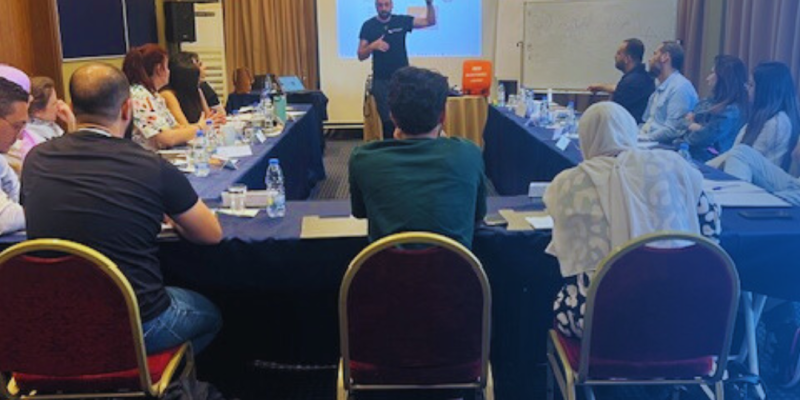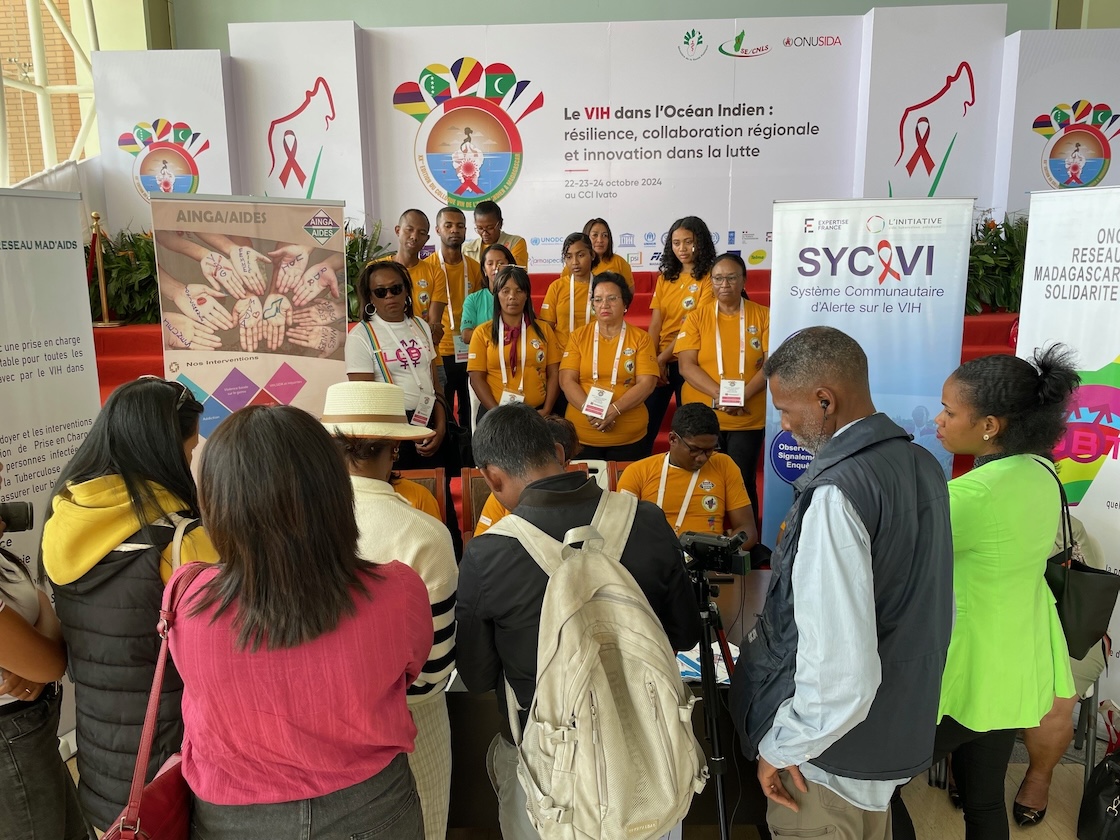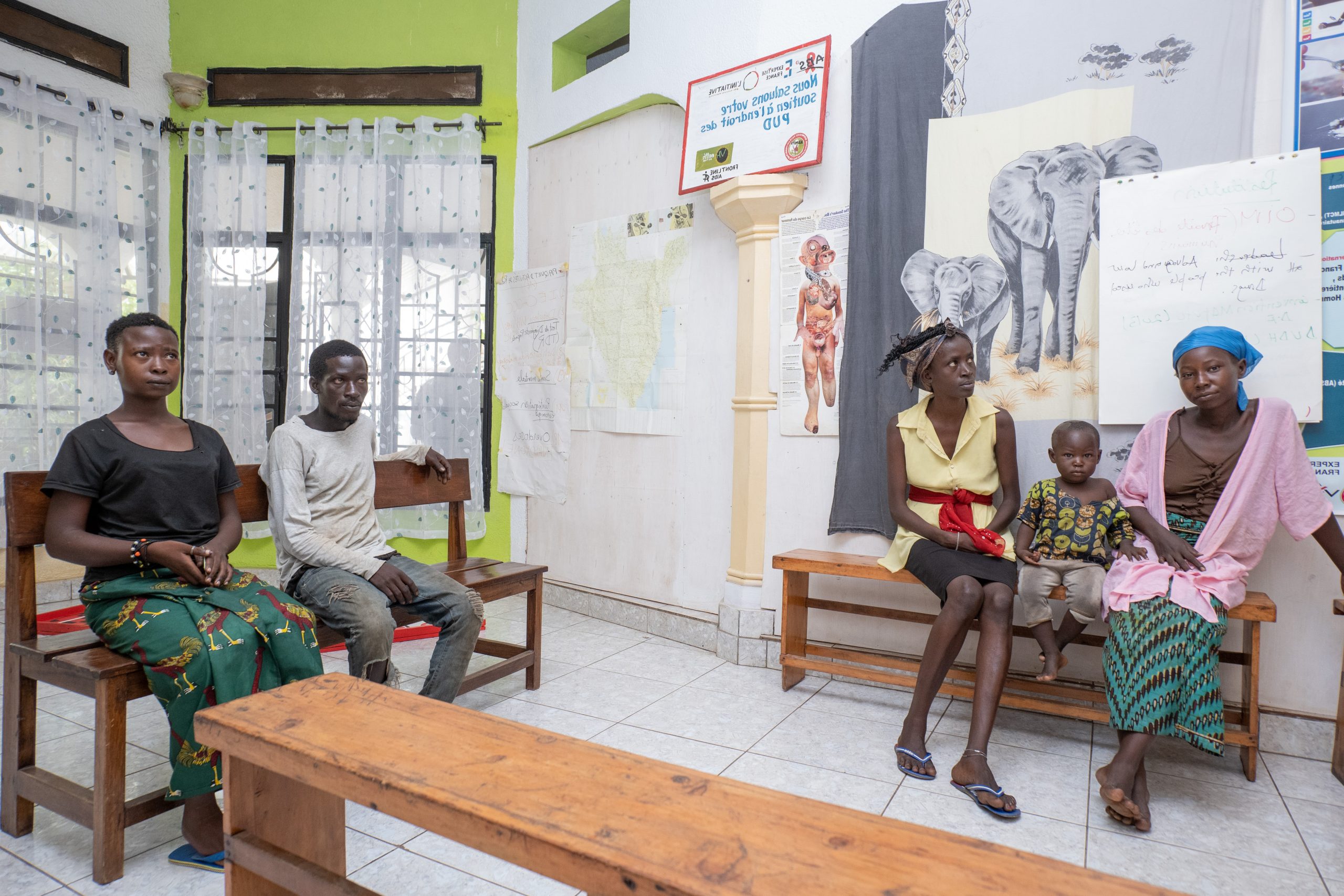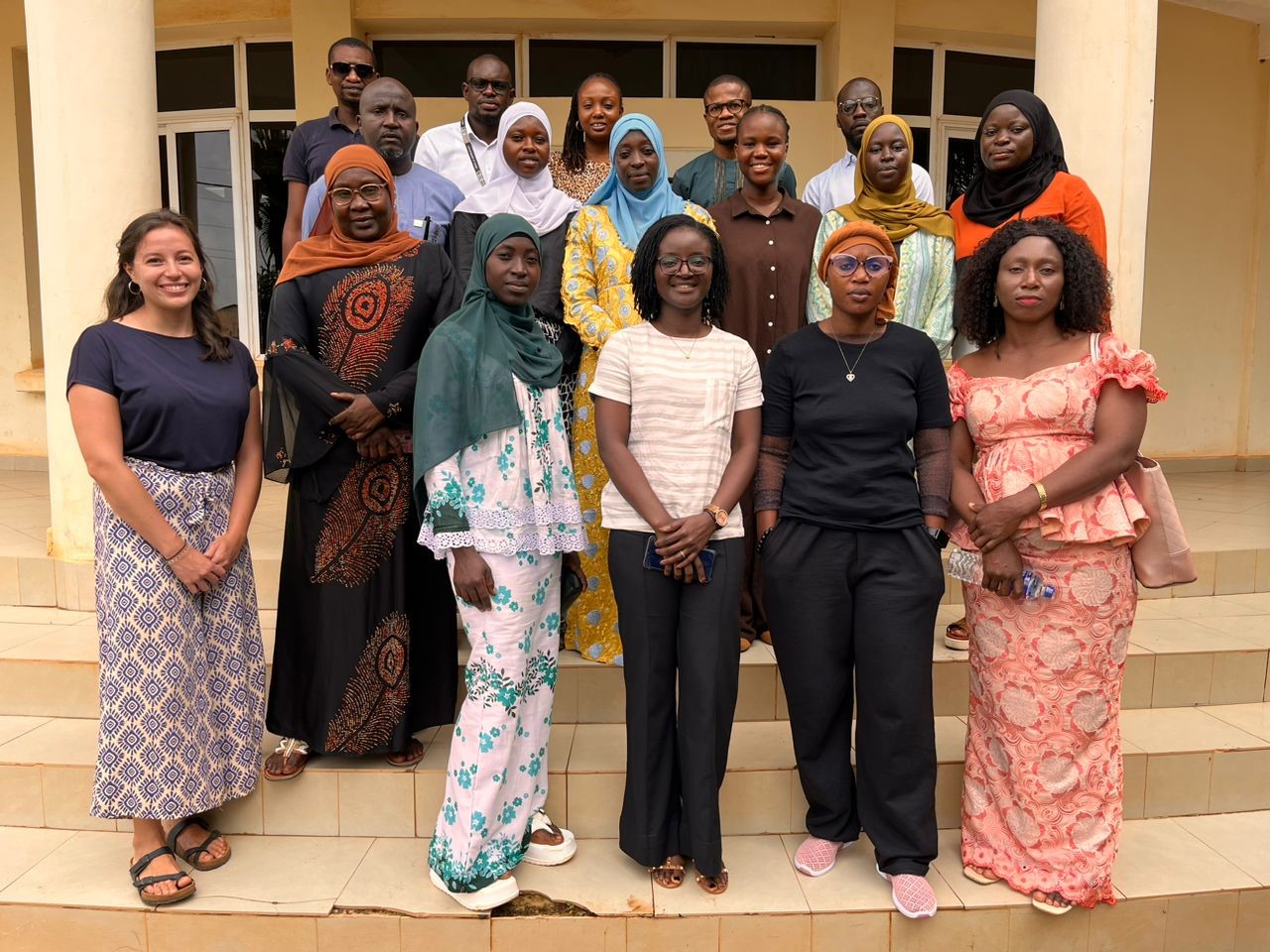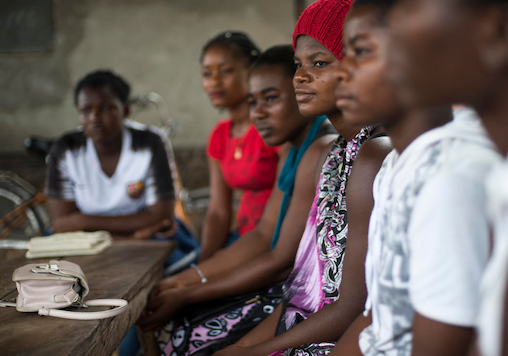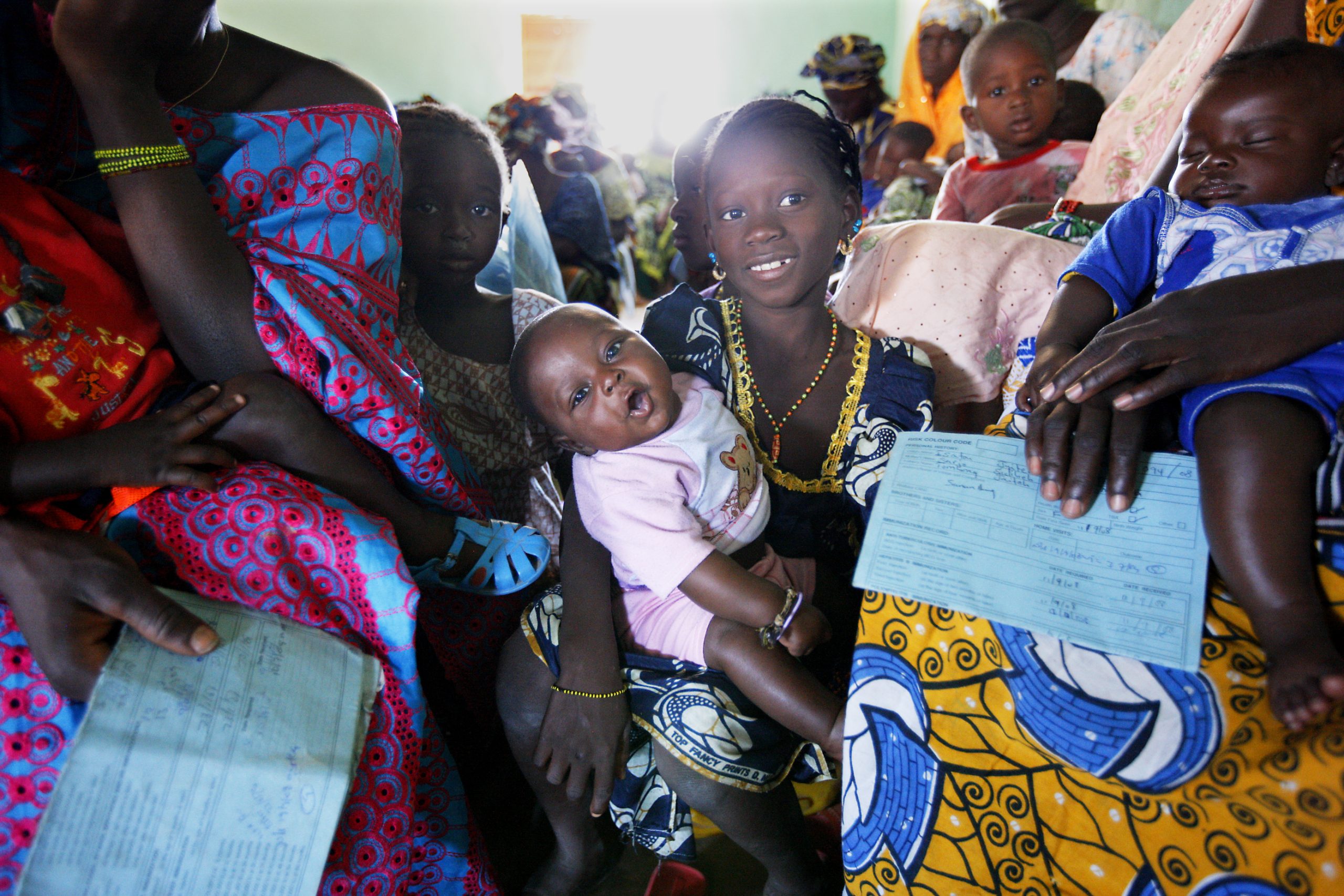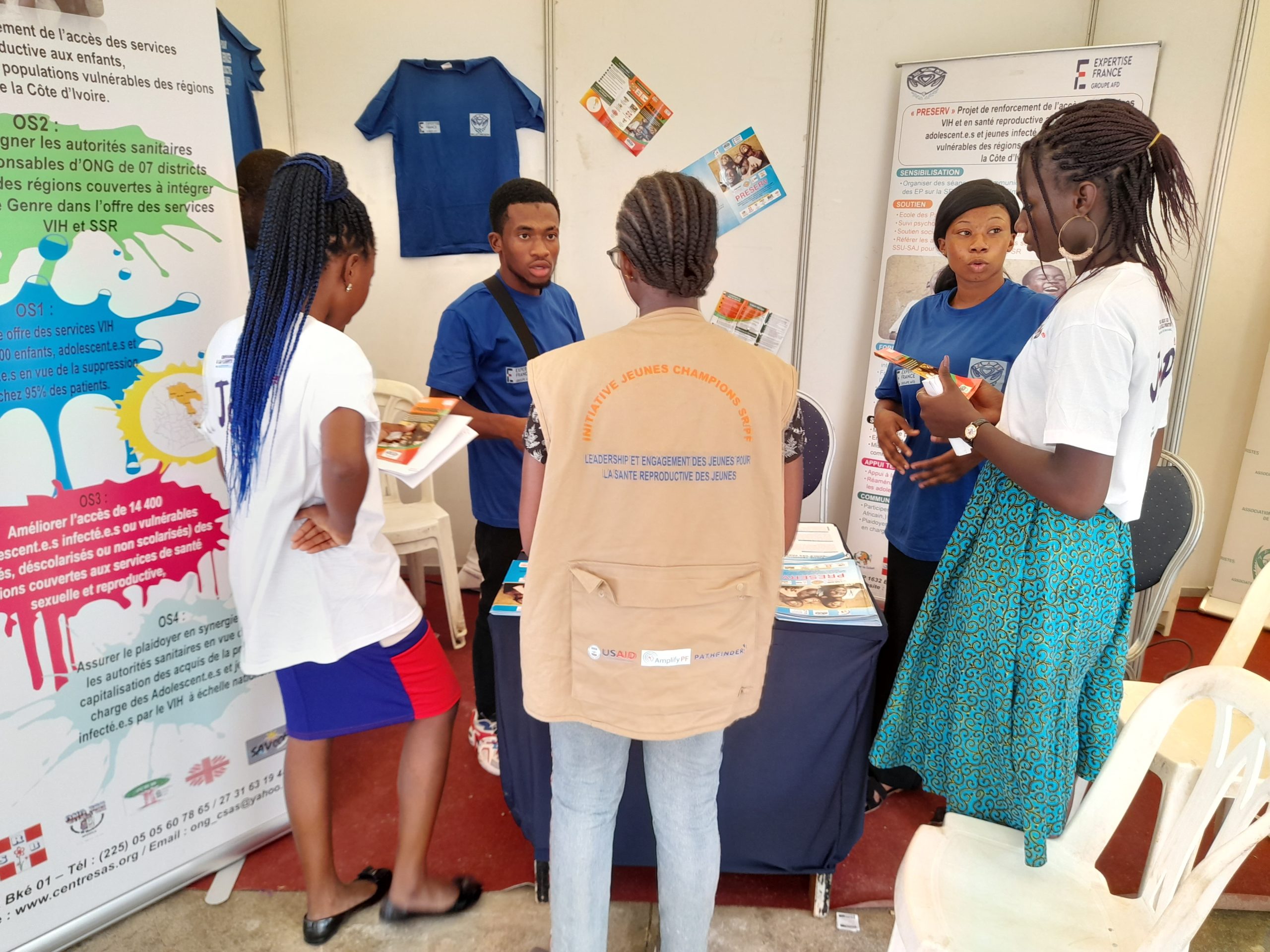The aim of the TRANSITIONS project is to improve the retention in care, health and well-being of adolescents and young adults living with HIV, while also supporting their integration into the community.
Context
For adolescents and young adults living with HIV (AYAvHIV), the transition into care and adulthood is a major challenge. An abrupt or unsupported transition can negatively affect treatment adherence, physical and mental well-being, and continuity of care. Current care services are not adapted to their needs, and late transitions into young adulthood are common, creating additional patient numbers and workloads in pediatric services. Similarly, in West African countries, AYAvHIV are still largely invisible in the definition of care policies, allocation of resources, and community representation, where their voices are rarely considered.
Description
Based on the capitalization and pooling of partner teams’ experiences, the project aims to support the implementation of a Coordinated Accompanied Transition Process (PACTE). This process uses a pragmatic approach tailored to the needs of adolescents and includes caregivers, adolescents, and community peers. The standardized PACTE provides a simplified reference framework for the transition activities of HIV- positive adolescents. The project also focuses on empowering and increasing the autonomy of young people living with HIV by supporting the training, structuring, and community representation of youth associations. Additionally, it documents the conditions of entry into care and their specific needs, including digital health, and produces evidence-based data and recommendations tailored to the West African context. Through this, the project builds advocacy efforts to address these needs.
Impact
The project aims to ensure the uninterrupted implementation of the supported and coordinated transition process in care and its scaling up to the 12 countries in the EVA network. It also empowers young associative players to advocate for policy change on the basis of the evidence they have helped to produce through a participatory approach. Ultimately, the evidence generated by the participatory action research supporting the TRANSITIONS project will enable institutional stakeholders to integrate the recommendations and needs of adolescents and young adults living with HIV into the national program for the care of people living with HIV, both operationally and budgetarily.


